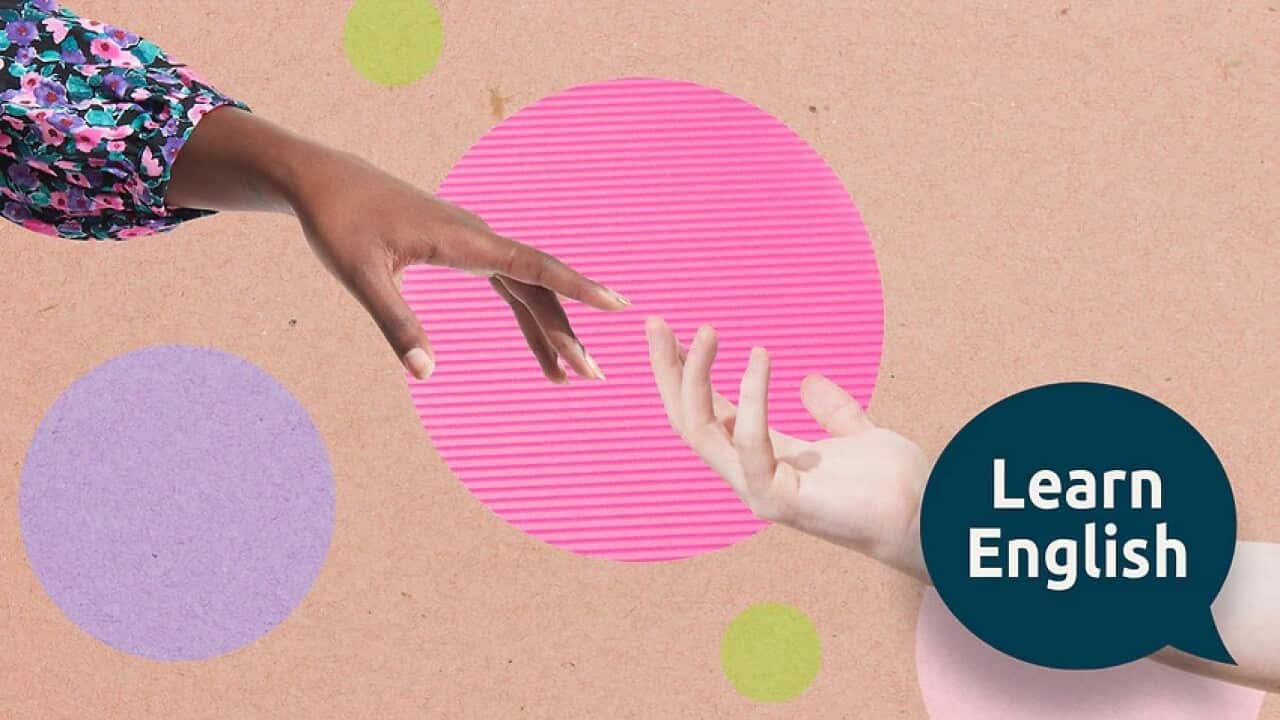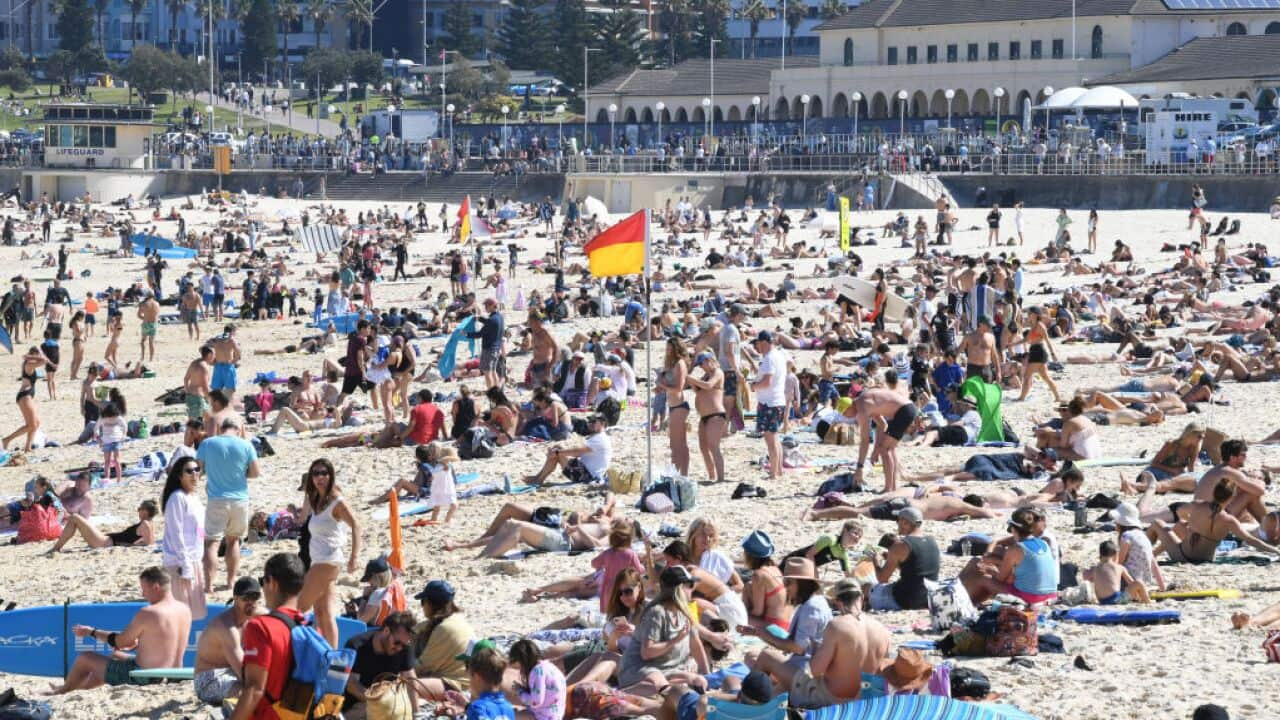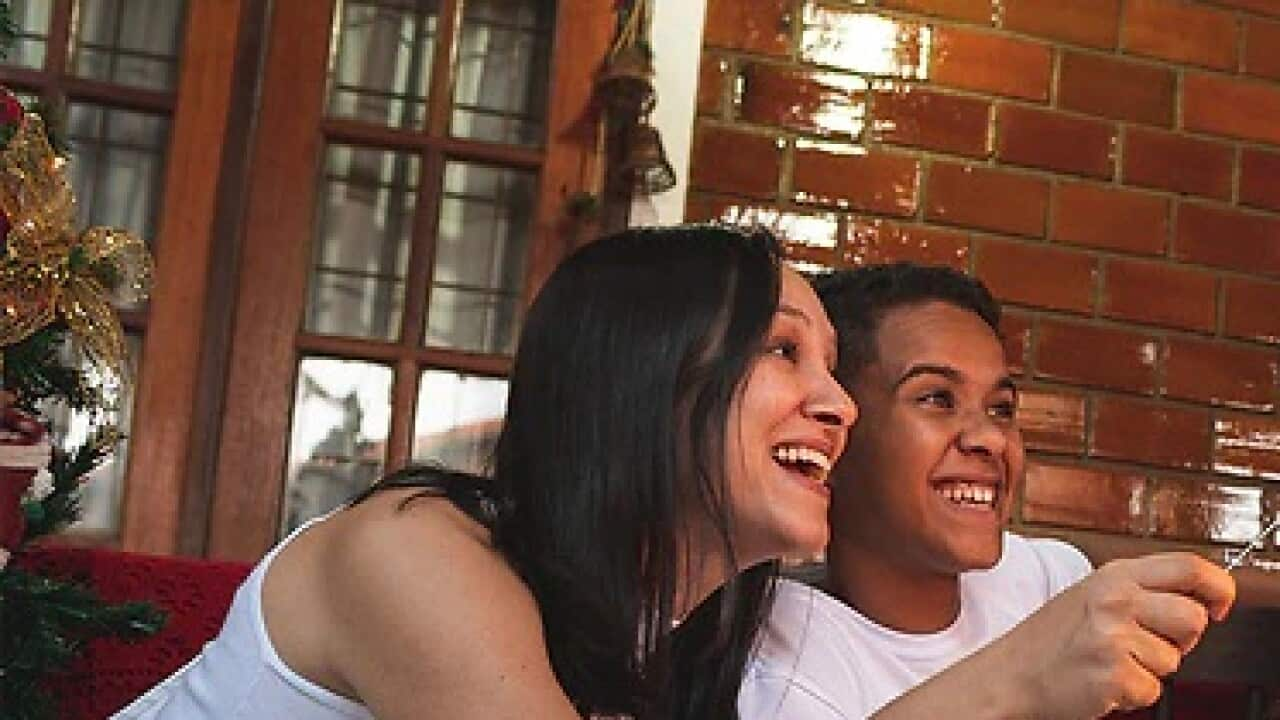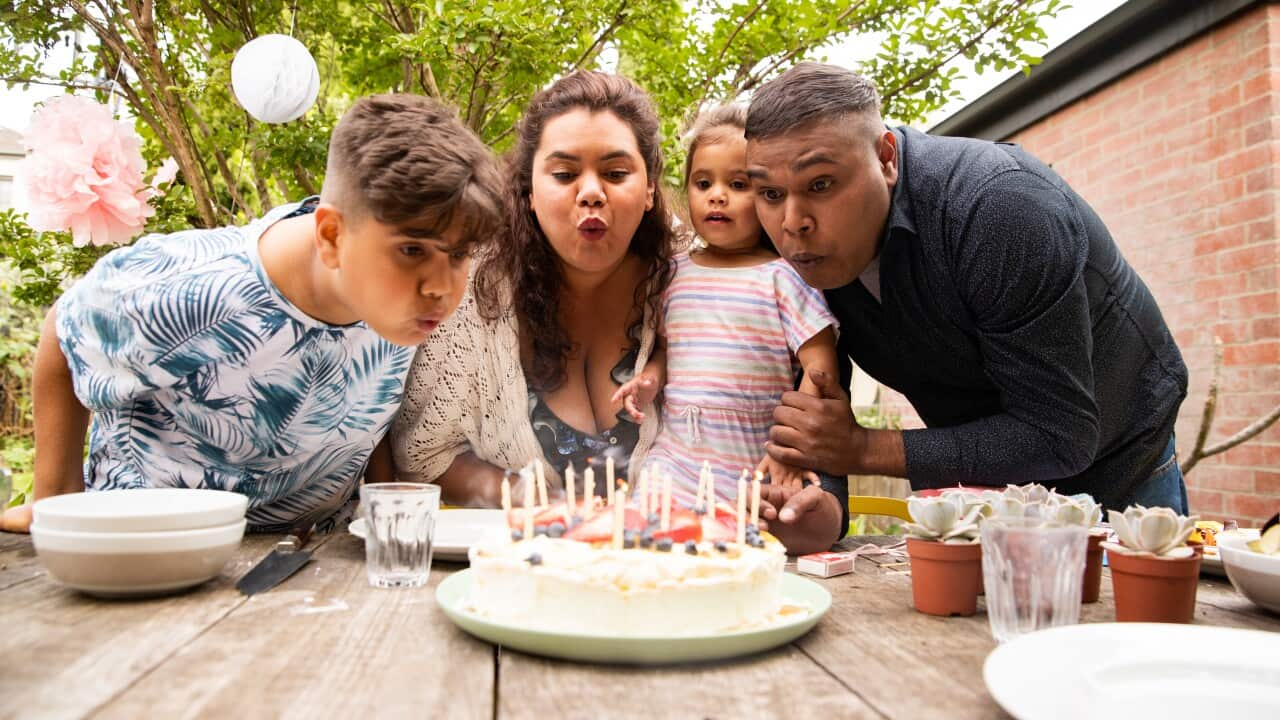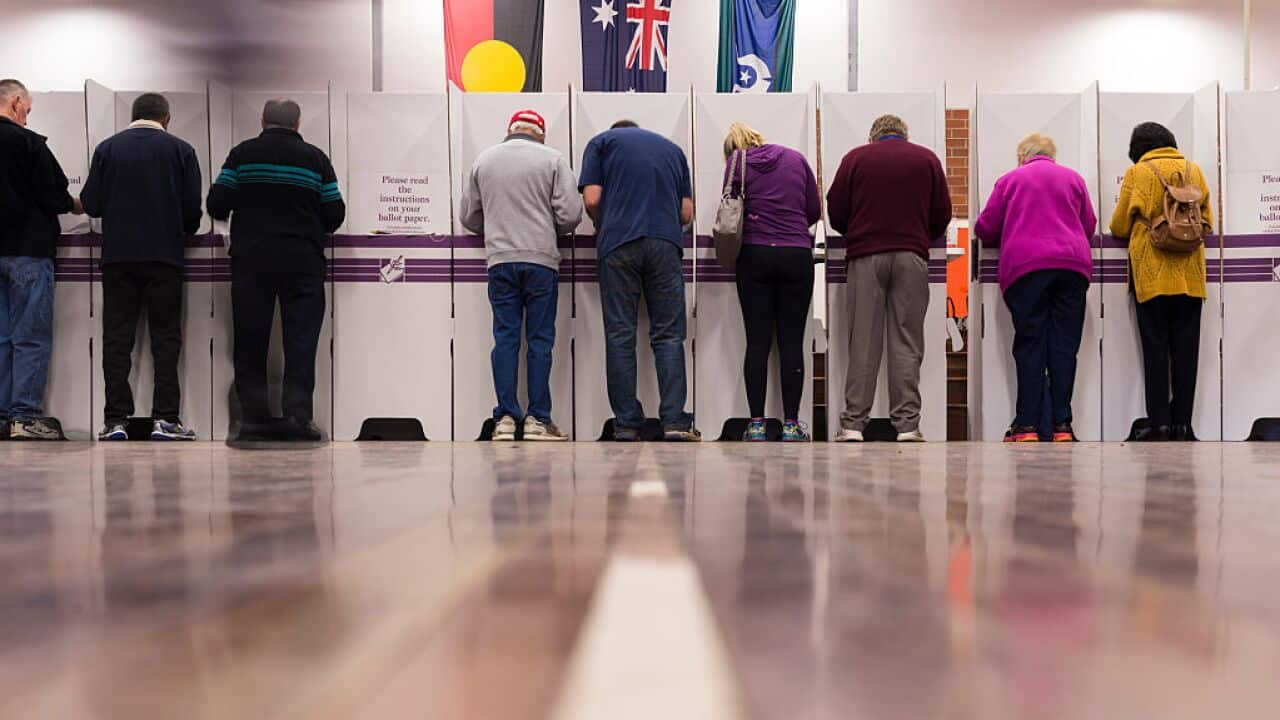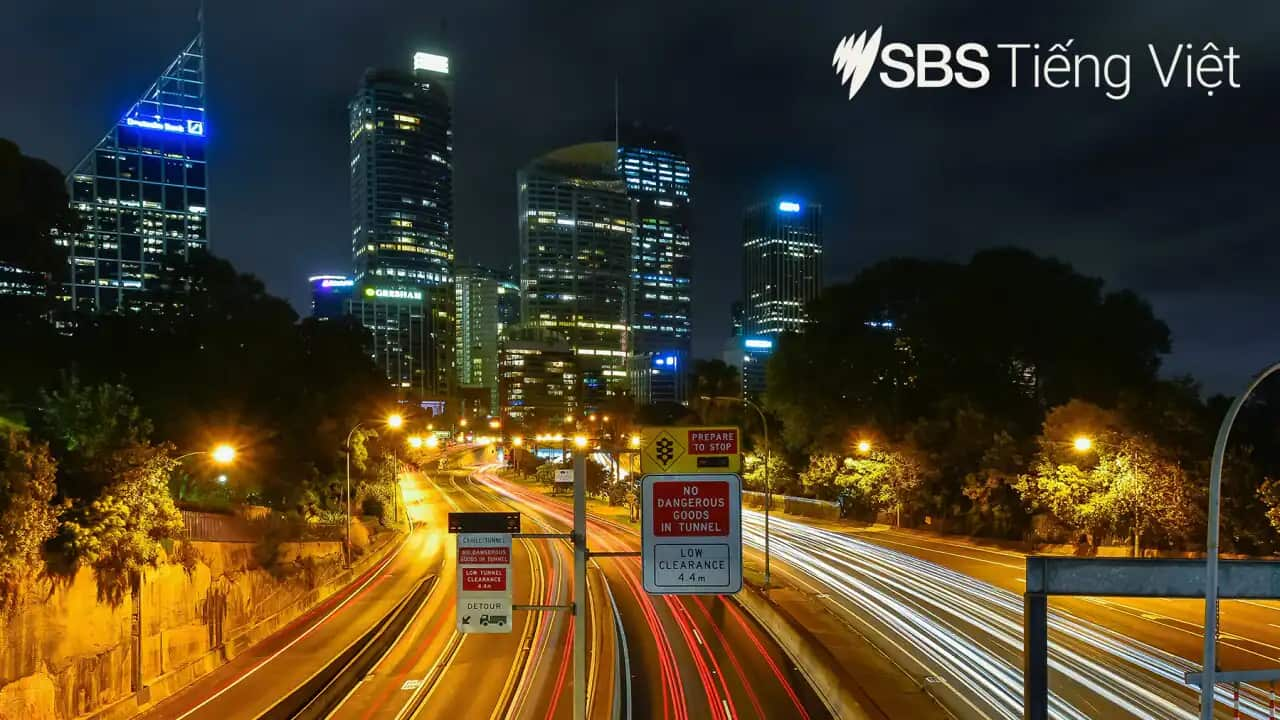Một trong những cách tốt nhất để cải thiện tiếng Anh của bạn là nghe và luyện tập mỗi ngày một chút. Loạt podcasts này có thể giúp bạn làm điều đó.
Bài học này phù hợp với những người học từ trung cấp đến cao cấp. Sau khi nghe xong, hãy giải câu đố để kiểm tra bạn đã học được gì.
Learning notes
Lesson language objective:
Talking about people’s cultural background
How to ask about someone’s cultural background:
- What is your family background?
- Where did you grow up?
- I have never heard of that name before; where is it from?
Examples to talk about your cultural identity:
I have Chinese heritage. My mother migrated from Kuantan, which is a small village in Malaysia, and my father is also Chinese.
I grew up in Budapest, that’s the capital of Hungary. It’s really a beautiful city with some amazing architecture.
Colloquial expressions:
To find your feet - to start to feel comfortable in a new situation or to begin to be confident or successful in doing something.
Vocabulary:
Heritage – traditions, customs and culture that have been inherited from your past.
Cultural - customs, traditions and behaviour of a country or group of people. If someone asks about your cultural background, they usually want to know about where you and your parents grew up.
You can refer to First Nations people in the following ways: Aboriginal and Torres Strait Islander peoples, Aboriginal people, Torres Strait Islanders, Aboriginal communities, First Australians, Indigenous people.
Cultural information:
Try avoiding asking “Where are you from?” when meeting new people. This question can make people feel uncomfortable because they may feel that they are being judged and not included as Australian.
Australia Day is the official national day of Australia. It has been marked annually on the 26th of January since 1994, but some people are calling for a change to this date because it represents the invasion by British settlers of lands already owned by Indigenous people.

Alice Springs, Outback, Australia Source: Getty Images/The Image Bank RF
Transcript
(Note: This is not a word-for-word transcript)
Hi, and thanks for joining me for another episode of Learn English. In this podcast we help Australians to speak, understand and connect.
On our website, we have a transcript of this episode, and you can also find a quiz, so that you can test what you have learned after listening to this podcast.
My name is Josipa, and like you, I'm still learning, not just the English language, but also about Australian culture.
The 26th of January is coming soon.
And for many migrants, including myself, that is a very special day. A few years ago, on the 26th of January, I became an Australian citizen. In the ceremony I pledged my loyalty to Australia and its people, that means, I promised to be loyal to Australia. This was a great day for me and so I celebrate every year with my family and friends.
But the 26th of January is not a happy day for all Australians.
Our guest today is my colleague Kerri-Lee Harding from NITV Radio who will explain why Australia Day continues to be a day of Indigenous protest.
Hi Kerri-Lee, welcome to the Learn English podcast.
Kerri-Lee
Hi Josipa, thanks for inviting me. It’s good to share views of Aboriginal and Torres Strait Islander peoples with your audience.
Hi Josipa, thanks for inviting me. It’s good to share views of Aboriginal and Torres Strait Islander peoples with your audience.
Josipa
Thank you for that. We’ll come back to you a little later.
First, let’s learn some expressions that may help you to find your feet in this country.
By the way, to find one’s feet means to start to feel comfortable in a new situation or to begin to be confident or successful in doing something.
When I first came to Australia and I was still finding my feet, I had an embarrassing experience.
What happened was during a dinner at my friend’s house I met new people, and I asked this question: “Where are you from?”
I was shocked to realise that my question was offensive to some of them.
I was genuinely curious about their background because their accent wasn't local, but I didn't know that asking someone ‘where are you from’ could make some people feel uncomfortable.
To be honest I couldn’t understand what I had done wrong until my colleague Abdullah from SBS Pashto, who has been an Australian a lot longer than me, explained the problem.
Abdullah
As soon as I start speaking, people ask me where I'm from and that question implies that I don't belong here.
As soon as I start speaking, people ask me where I'm from and that question implies that I don't belong here.
There are many ways to ask this question more respectfully. If you are curious about someone, you could ask them "What is your family background?" Even a simple question like "where did you grow up?" is much better than saying "where are you from?". Or you could do what I did when we first met, and you told me your name was ‘Josipa’. I said "I have never heard of that name before, where is it from?"
Josipa
What is your family background? Where did you grow up? I have never heard of that name before, where is it from?
After talking to Abdullah and writing down his suggestions, I decided to test them. So, I called my manager Janine. She speaks like a local Aussie, but her Asian features - that is the shape of her eyes, the colour of her skin and hair - tell me that there is a possibility that she could also be a migrant.
This is how our conversation went,
What is your family background?
Janine
I was born in Australia but I have Chinese heritage. Both my parents are Chinese and my dad’s family has lived in Australia for a long time. My mum came to Australia from Malaysia to study and she met my dad at university here. I’m really proud of my Chinese heritage.
I was born in Australia but I have Chinese heritage. Both my parents are Chinese and my dad’s family has lived in Australia for a long time. My mum came to Australia from Malaysia to study and she met my dad at university here. I’m really proud of my Chinese heritage.
When I was young I used to go to Chinese school to learn the language... and I hated it then. But now... I’ve been trying to learn the language myself and wish I paid more attention when I was young!
Josipa
If I asked Janine where she is from, she would have simply said that she is from Australia.
By asking what her family background is, we learnt about her heritage. Heritage is a word that represents family background and also the things that we value and that are being passed from one generation to another by parents to their children: religion, education, books and movies, among others.
We all have a heritage; it's your family background, your culture and history.
The next question my colleague Abdullah suggested we use is ‘Where did you grow up?’. Let’s see who I could call to test this question ...hmm ...I know, my friend Luca.
Hi Luca, I’m making a podcast about people’s cultural background. Do you have a moment to answer one question?
Luca
Sure, go ahead.
Sure, go ahead.
I’m curious to know, where did you grow up?
Luca
I grew up in Budapest, that’s the capital of Hungary. It’s really a beautiful city with some amazing architecture. It is also called the City of Baths because it has 118 mineral pools. And I think I had a great childhood, complete freedom, you know, climbing trees, riding a bicycle to school or playing outside my parents’ house until it gets dark.
I grew up in Budapest, that’s the capital of Hungary. It’s really a beautiful city with some amazing architecture. It is also called the City of Baths because it has 118 mineral pools. And I think I had a great childhood, complete freedom, you know, climbing trees, riding a bicycle to school or playing outside my parents’ house until it gets dark.
Josipa
See, it happened again. Luca didn’t share just the name of the place, she told us something about it.
We have one more question, and I perfectly remember the day when Abdullah said to me,
I have never heard of that name before, where is it from?
Abdullah asked where my name was from, not where I'm from. And I was happy to tell him how I got my name from my late grandmother, who was Croatian, and we connected pretty fast as we shared stories about our grandparents.
Next time you meet someone new, try asking one of these questions and practise your answers.
What makes you, you?
Who knows, maybe your opportunity to test these questions in real life is around the corner on Australia Day.
And talking about Australia Day our guest Kerri-Lee Harding will explain why our Indigenous communities would prefer not to celebrate a national day on the 26th of January.
Kerri-Lee
It’s a complex issue Josipa, but to explain it in a simple way Aboriginal Australians are asking for a change of the date because from 1994 we are celebrating Australia's national day on a day that marks the beginning of a long and brutal treatment of Aboriginal people and their land.
It’s a complex issue Josipa, but to explain it in a simple way Aboriginal Australians are asking for a change of the date because from 1994 we are celebrating Australia's national day on a day that marks the beginning of a long and brutal treatment of Aboriginal people and their land.
For us, the 26th of January is a day we call Invasion Day, Day of Mourning, or Survival Day. It is not something we want to celebrate, and we want to change the date so that all Australians can come together to celebrate the meaning of being an Australian.
Josipa
I love celebrating Australia Day, but I don’t want to do it if it is hurting Aboriginal and Torres Strait Islander communities who have been here much longer than any of us. So, what can I do to celebrate the occasion and support the First Nations people at the same time?
Kerri-Lee
Well, you could spend some time reflecting and learning about the Original people of this land.
Well, you could spend some time reflecting and learning about the Original people of this land.
And let me teach you the meaning of one Aboriginal word you are already familiar with. As you know the capital of Australia is Canberra, but did you know that Canberra actually means a ‘meeting place’ in the local Ngunnawal language.
Josipa
I didn’t know. Thanks. I would love to learn more about this topic. Can you recommend something to watch or listen?
Kerri-Lee
I think tuning into NITV which is the National Indigenous TV service on channel 34 where you can find an amazing selection of content for viewing.
I would also recommend listening to NITV Radio – on air three times a week on SBS RADIO. I would also suggest listening to the NITV Podcast which brings listeners up to date with essential listening on Indigenous matters, which you can tune in to wherever you get your podcasts from.
Xin gửi lời cảm ơn sâu sắc đến chuyên gia tư vấn giáo dục của chúng tôi, Giáo sư Lynda Yates, khách mời Kerri-Lee Harding và những người bạn Abdullah, Luca và Janine đã giúp lồng tiếng các nhân vật.
Xem thêm các bài:
